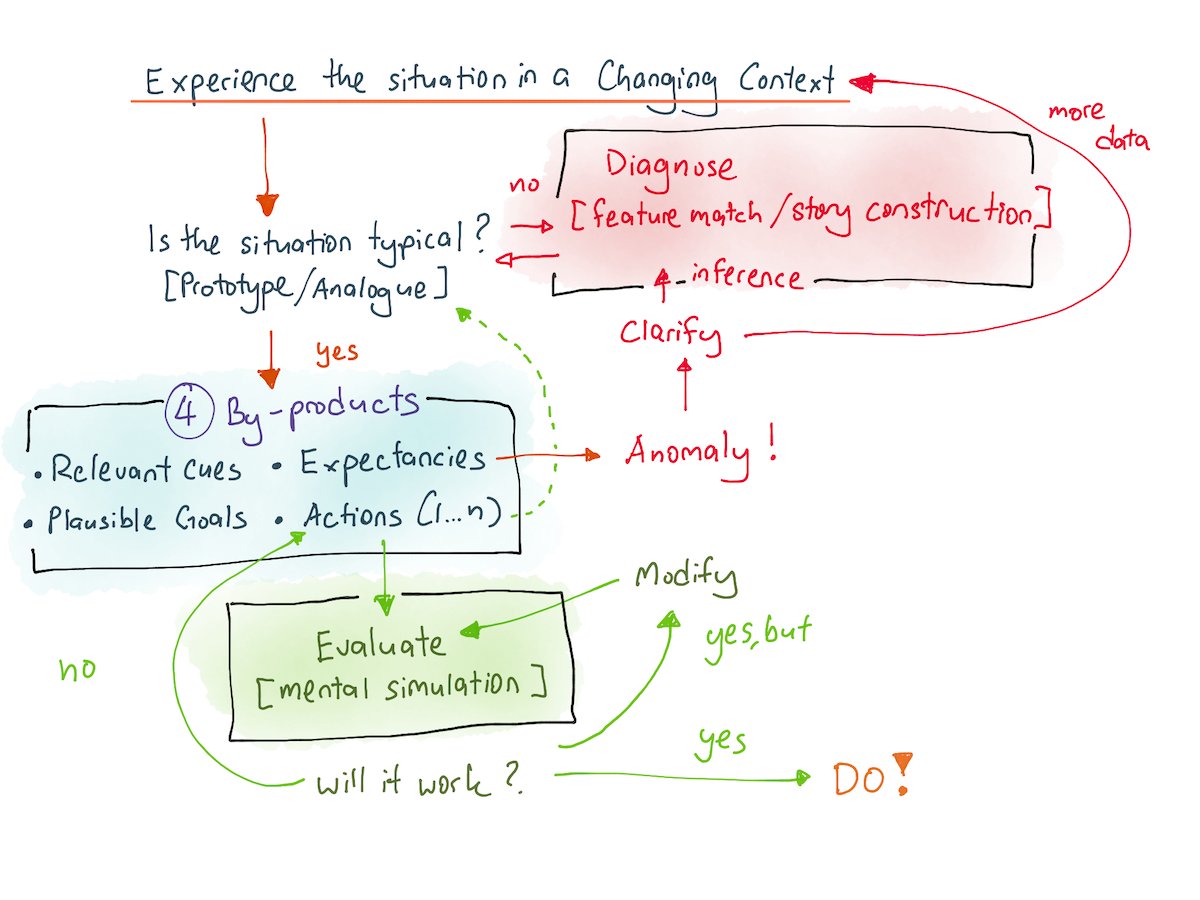
Publishes https://t.co/jDXGXZV9B9. Tweets about books & the art of business, from the perspective of an operator. https://t.co/dEbqsFqyMG
10 subscribers
How to get URL link on X (Twitter) App



 The name of the model is the 'recognition primed decision making' model, or RPD.
The name of the model is the 'recognition primed decision making' model, or RPD.

https://twitter.com/staysaasy/status/1941317406158377225It's a common narrative: "use new technology X and you will win / don't get left behind." Was widespread during that era.



https://twitter.com/sean_a_mcclure/status/1895213068197450169In other words, Justin's response tweet below is ALSO correct, but just in a different context of use:
https://x.com/justinskycak/status/1895361448966013318




 Ultimately it was classic Ribbonfarm, right up to the end.
Ultimately it was classic Ribbonfarm, right up to the end.



https://twitter.com/Meaningness/status/1771539928670675254This is, incidentally, the premise of an entire book: amazon.sg/Lessons-Titans…



https://x.com/ejames_c/status/1741311151181598749?s=20